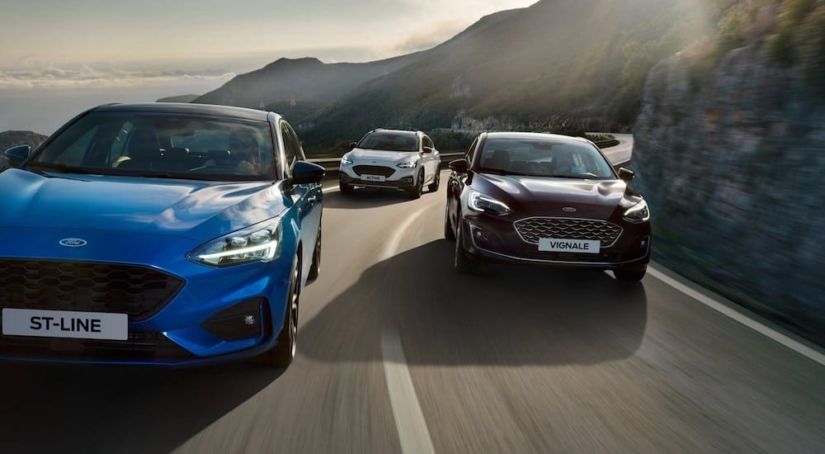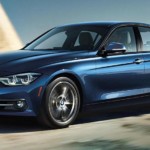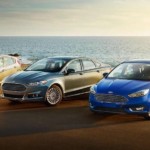Recently, current auto news has been littered with reports of Ford’s decision to eliminate all cars (except for the iconic Mustang) from its domestic production schedule. Like some kind of Old Testament purging, this strategy leaves Ford with a partially clean slate with which they can re-brand themselves. But elimination of their car segment means a planned phase-out of the Ford Fiesta, Focus, Fusion, C-Max, and even the Taurus. With such a gaping hole left in the lineup, it’s hard to argue the decision as a bold move. But as bold as it is, it also stands to reason that it’s a timely decision; in fact, it might even be past-due.
It could be argued that the last four decades have presented us with the most noticeable evolution in terms of automotive design trends. Not only did we see the domestication of the truck, integration of SUVs and crossovers and massive updates in terms of technology and amenities; but we have witnessed the progressive displacement of the classic sedan.
For those who can remember the 1980’s, the first half of the decade still saw the sedan (as well as the classic station wagon) favored by several driver demographics. Not only were they the “family vehicle” of choice, but they were just as well-received by professionals and young drivers alike. That is, until the mid-to-late part of the decade when minivans would gain prevalence for families before bring quickly retired in favor of SUVs.
This shift would gain momentum through the 90’s, with sedans relegated to some sort of consolation prize, due to their more accessible price points. But as we entered the new millennium, it became progressively more clear that the sedan segment was struggling. The result was a clean split with smaller sedans joining coupes and hatchbacks in their eco-friendly journey towards sustainability, while mid and full-sized sedans would take their cues from luxury competitors. But, despite genuine effort, the last two decades have still felt like a drawn-out death knell for the sedan segment. And with only certain automakers offering diverse and compelling lineups, less-inspired programs (such as that offered by Ford) failed to gain traction.
So, is Ford’s announcement really any surprise? Not really. In fact, that decision should face no real criticism since it’s based around a desire to explore eco-friendly alternatives and evolve the crossover segment further to embrace a more sustainable destiny. If anything, we feel that Ford should be commended for such a decision; and hope that reinvestment of their energies in the Crossover SUV segment will yield a more attention-grabbing diversity.
For a closer look at Ford’s decision, enjoy the following video from YouTube channel The Fast Lane Car:
What are your thoughts on the phasing out of Ford’s car segment?



